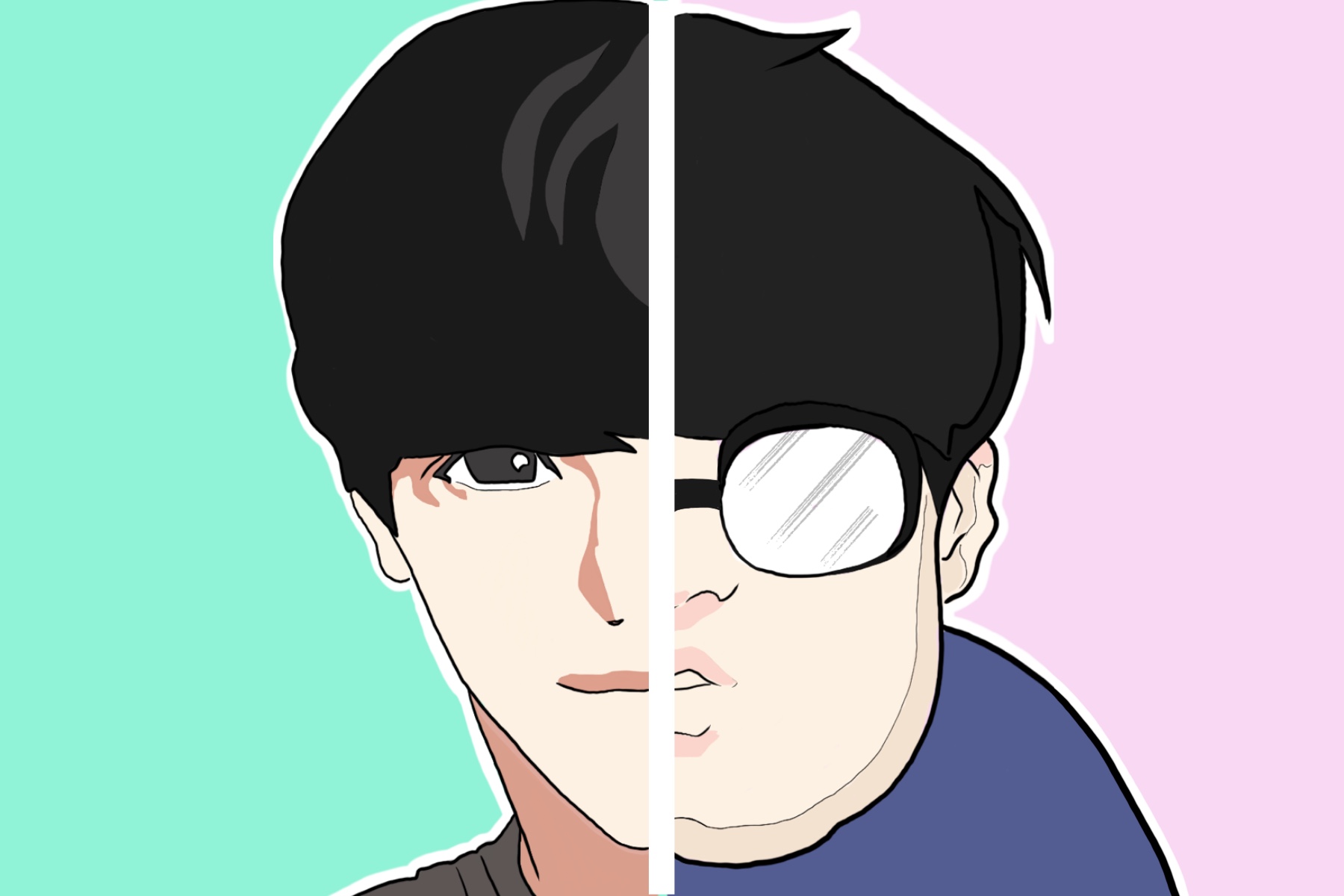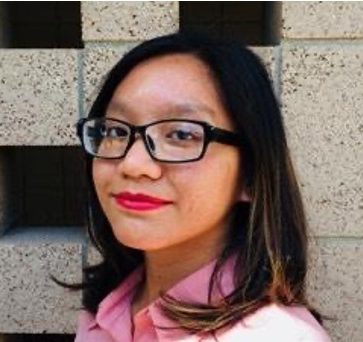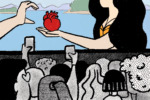What would you do if you woke up one day next to your ideal body? What if you could switch your consciousness between your current body and that perfect one? This is the story of Daniel Park in “Lookism.”
“Lookism” is a Korean webtoon by Park Tae-joon. First released in November 2014, the webtoon series tells the story of an ugly, overweight high school student named Daniel Park, who is bullied for these superficial reasons. One day, he wakes up in a handsome, fit body next to his old body and discovers his ability to switch between the two. Through his interactions with people— from classmates to strangers — Daniel realizes the importance that many people place on appearances.
High Beauty Standards of South Korea: The Push Behind K-Beauty
“K-Beauty is the secret to looking as luminous as is humanly possible,” says beauty magazine Elle. In the last decade, many of us have fallen for the allure of the multistep skin routine that’s characteristic of K-beauty, or Korean beauty. Want the glass skin look? Well, K-beauty is the answer.
With the hype of Korean skincare products in the West, it might be easy to overlook the underlying problems of K-beauty. The glass skin look — poreless, luminous and plump skin — is not only a look that South Koreans aspire to achieve, it’s the standard. It’s called the Korean look, according to NPR correspondent Elise Hu. She says: “So when we’re talking about the Korean look, we’re talking about a very youthful look and this dewiness. So, in the U.S., for instance, we use powder, but that’s kind of verboten in Korea because that takes away that youthful look of moisture on your skin.”
While this flawless look seems easy, the booming industries of Korean skincare and plastic surgery say differently. Looking attractive is a must as ugliness is not tolerated. In an NPR podcast, NYU professor Heijin Lee says, “In South Korea, we see an example of plastic surgery becoming a kind of economic necessity. If you are competing for a job with many other people and the economy is hard hit, then you have to sort of do all the things that you can to get a leg up on that competition.”
If you can hire someone who’s attractive and competent, why not? Most, if not all, South Korean companies follow this mindset because it bolsters the company’s image. As such, plastic surgery is a socially acceptable way for South Koreans to invest in their career.
With the mounting pressure to look perfect, South Koreans have internalized insecurities about their appearances. Going bare face in public is a nightmare. Korean American Karin Cho touches on this topic on Medium: “In South Korea, it is very common to compare one’s features to others at a young age—it is a ’normal’ part of casual conversations. These patterns and habits carry throughout adulthood, where past insecurities are more likely than not, already internalized.”
K-Pop Influences on Korean Beauty Standards
I remember walking into the Korean skincare beauty store Nature Republic and finding myself faced with posters of K-pop idols posing with skincare brands. Nowadays, it’s hard to see the K-beauty products without the endorsements from K-pop idols such as EXO, BTS and Wanna One.
In an interview with Nylon, David Yi, creator of Very Good Light, says, “K-beauty would never have become big if it weren’t for celebrities who unofficially became brand ambassadors simply by showing their beautiful complexions to the world.”
With all these youthful faces shown on film and media, the beauty standards in South Korea becomes set to a higher, almost unachievable standard.
Daniel Park’s Insecurities in “Lookism”
In “Lookism,” Daniel’s main weakness is his fatalist mentality. He attributes everything bad in his life to his unattractive appearance, which falls short of the Korean beauty standard. As a result, he has no determination to change his situation for the better, falling into a vicious cycle of pessimism.
Acquiring an athletic, attractive body doesn’t help, but rather delays his confrontations with his insecurities. However, through his new body, the reader gets the chance to see the double standard of beauty in South Korea. Whereas Daniel received glares and frowns in his original body, he receive smiles in his new one.
Daniel explores new social experiences afforded by his new appearance. Along the way, his network of friends, who see him for who he is, increases.
When he meets Duke Pyeon, he finally learns something. Like Daniel’s original body, Duke has an unattractive appearance according to Korean beauty standards. As such, Duke often deals with mistreatment and bullying due to his body image. However, he approaches things with an optimistic attitude, unwilling to give up his aspirations to be a rapper because his appearance isn’t up to industry standards. Eventually, Duke’s efforts pay off, and he achieves his dream.
The creator, Park Tae-joon, uses the juxtaposition between Daniel and Duke to show how people shouldn’t give up on themselves. He also draws unattractive characters, such as Daniel’s original body and Duke, as dwarf-sized caricatures in comparison to the other characters, thus criticizing the oppression of South Korea’s high beauty standards.
“Escape the Corset” Movement
With the high pressures to present yourself perfectly in a society that expects nothing less, something has got to give. When the #MeToo movement hit the international community, South Korean women also began to reexamine and protest against the Korean beauty standard, thus beginning the “Escape the Corset” movement.
“Dubbed the ‘corset-free’ movement — its name coming from the idea of the societal oppression of women as akin to being bound in a corset — women have taken to social media in a backlash against the unrealistic beauty standards that require them to spend hours applying makeup and performing extensive skincare regimes, which notoriously involve ten steps or more,” says Kati Chitrakorn from Vice.
In light of the movement, South Korean photographer Jeon Bora sets out to interview and document young women on the social pressures of looking beautiful, according to NPR. Bora has her subjects fill out questionnaires. One person left a powerful, heartfelt message: “Dear sisters and friends, I wish we could become humans that exist as we are, and love and be loved as we are. You are you, I am me, we are us, without the makeup, without the corset. Just a human. I love you, always, as you are.”
Through this feminist movement, more and more South Korean women unite to fight against societal pressures to look a certain way. It’s a wake-up call.
What would you do if you woke up one day next to your ideal body? The webtoon “Lookism” tells a story of a high schooler’s journey to self-acceptance.
















